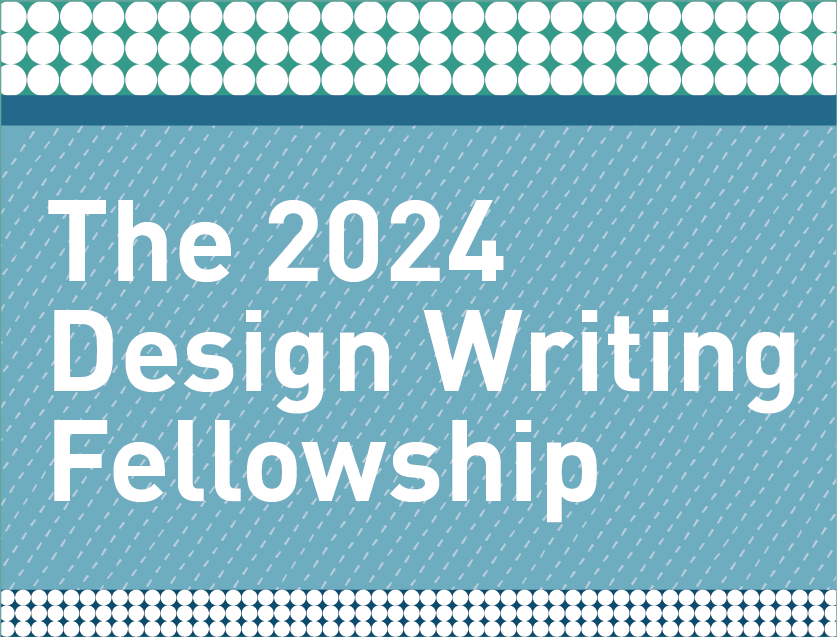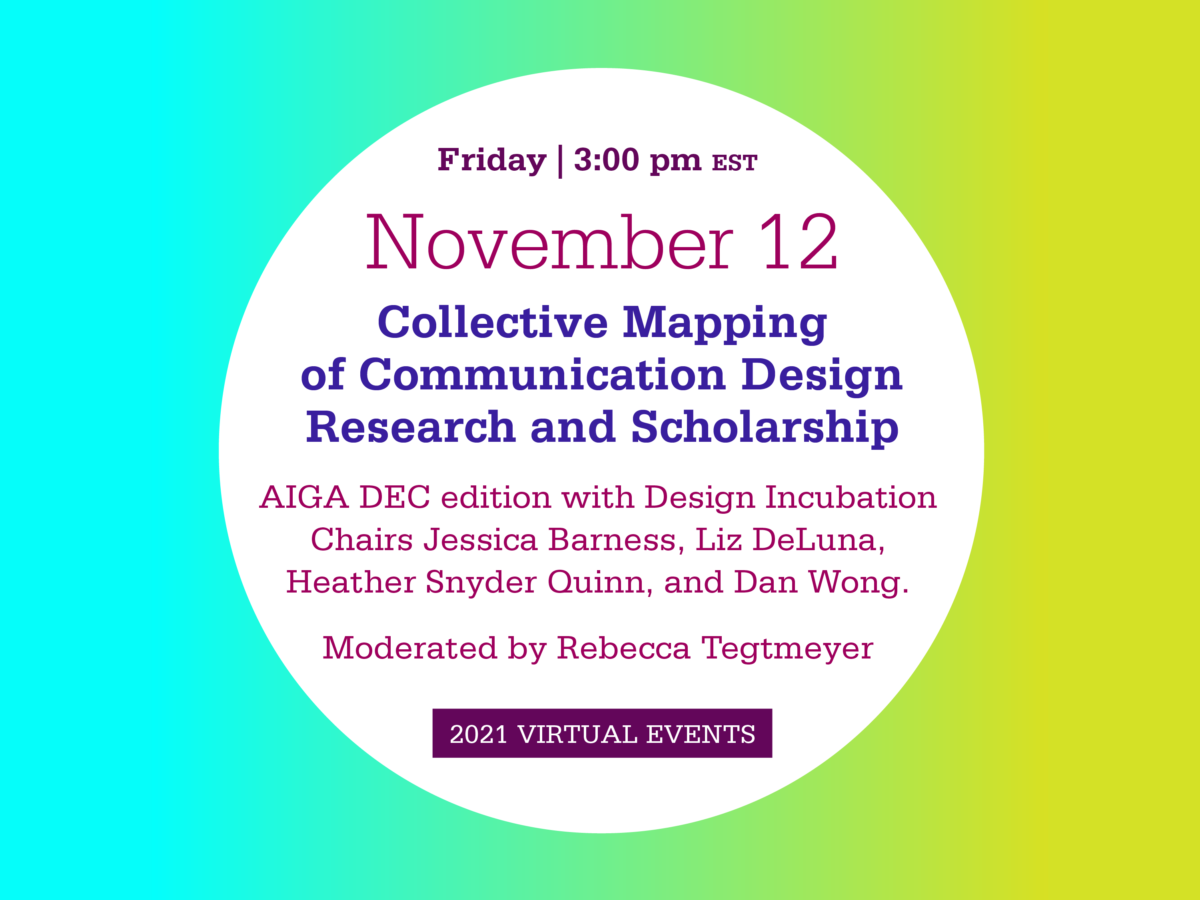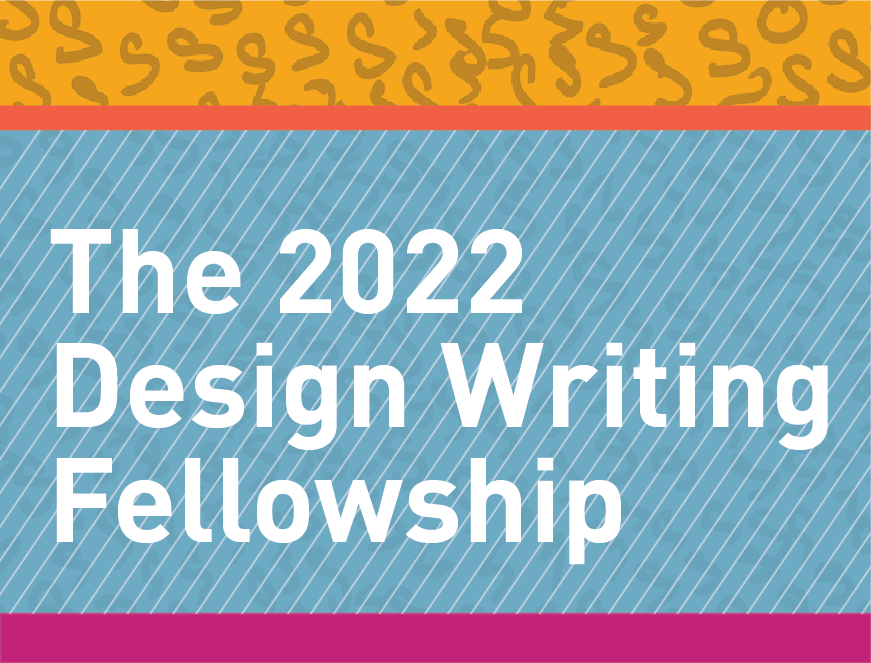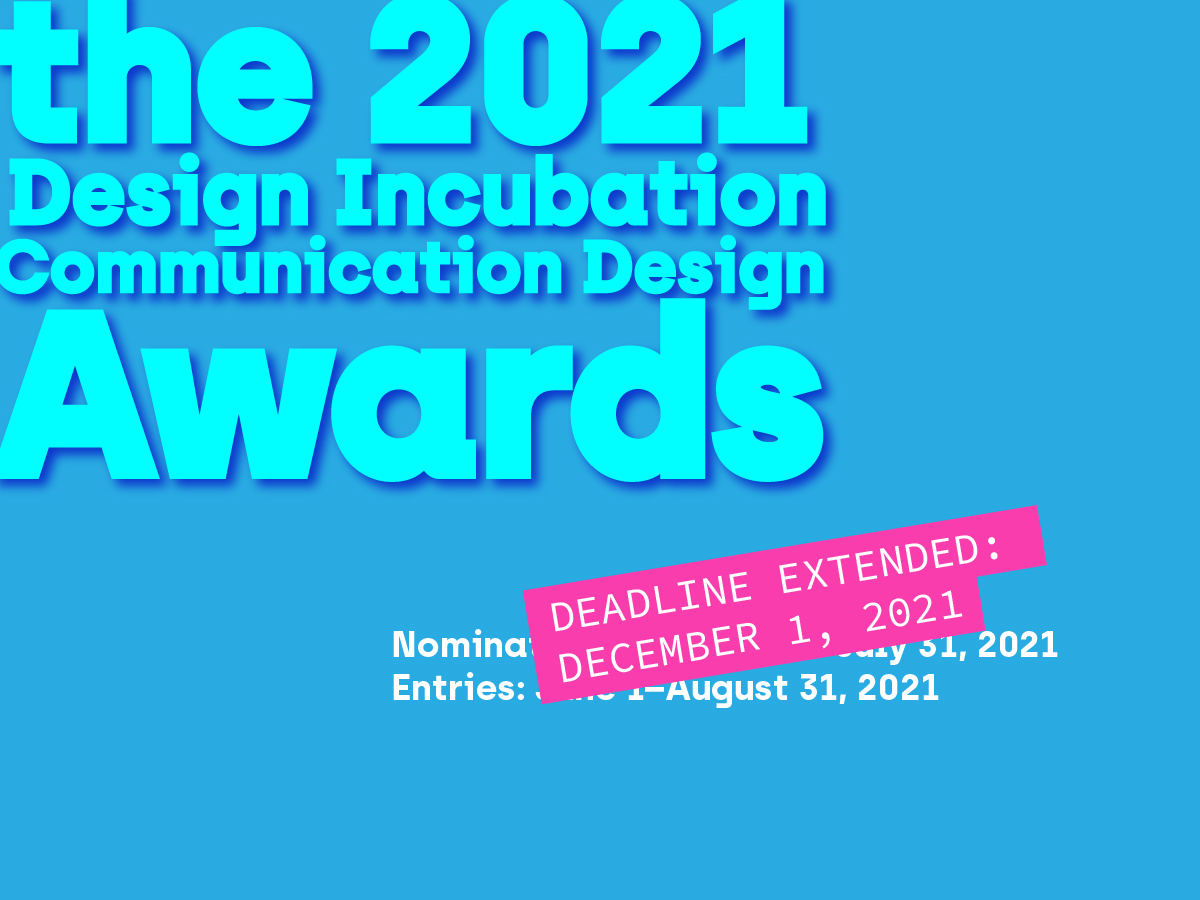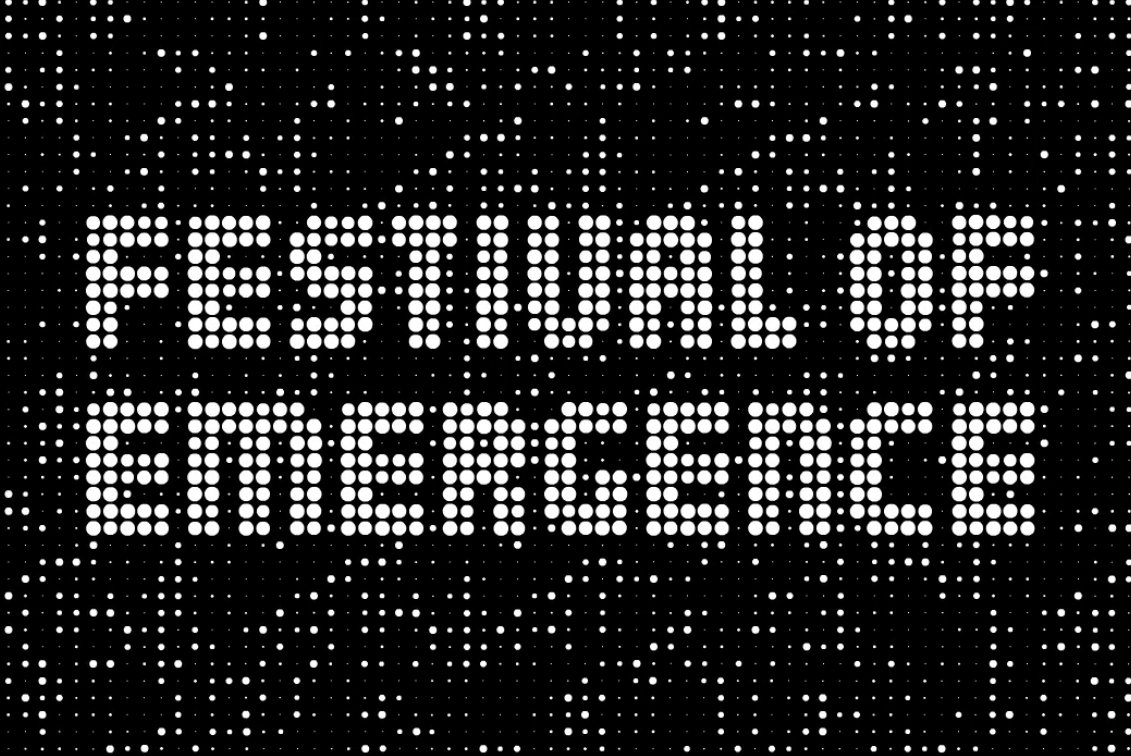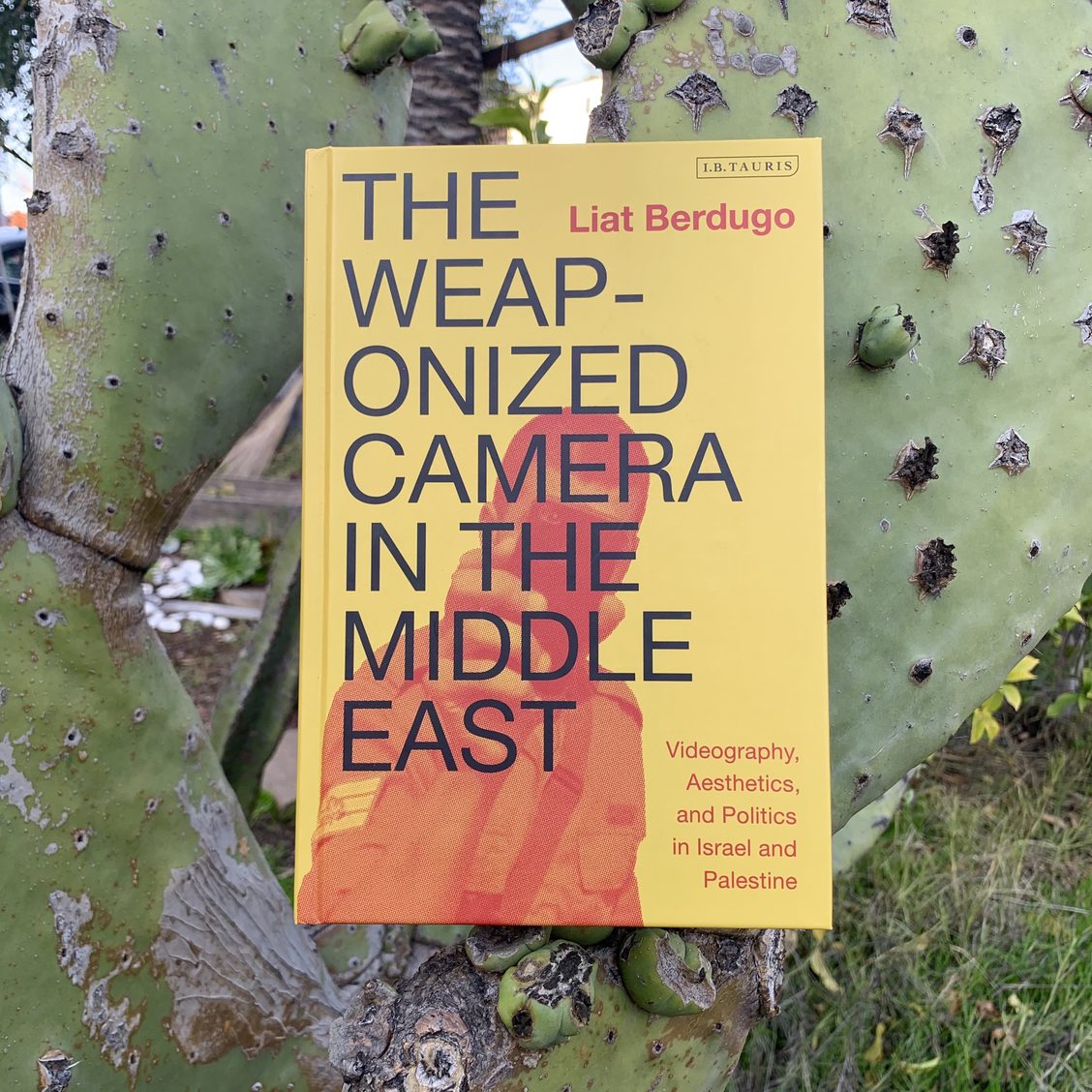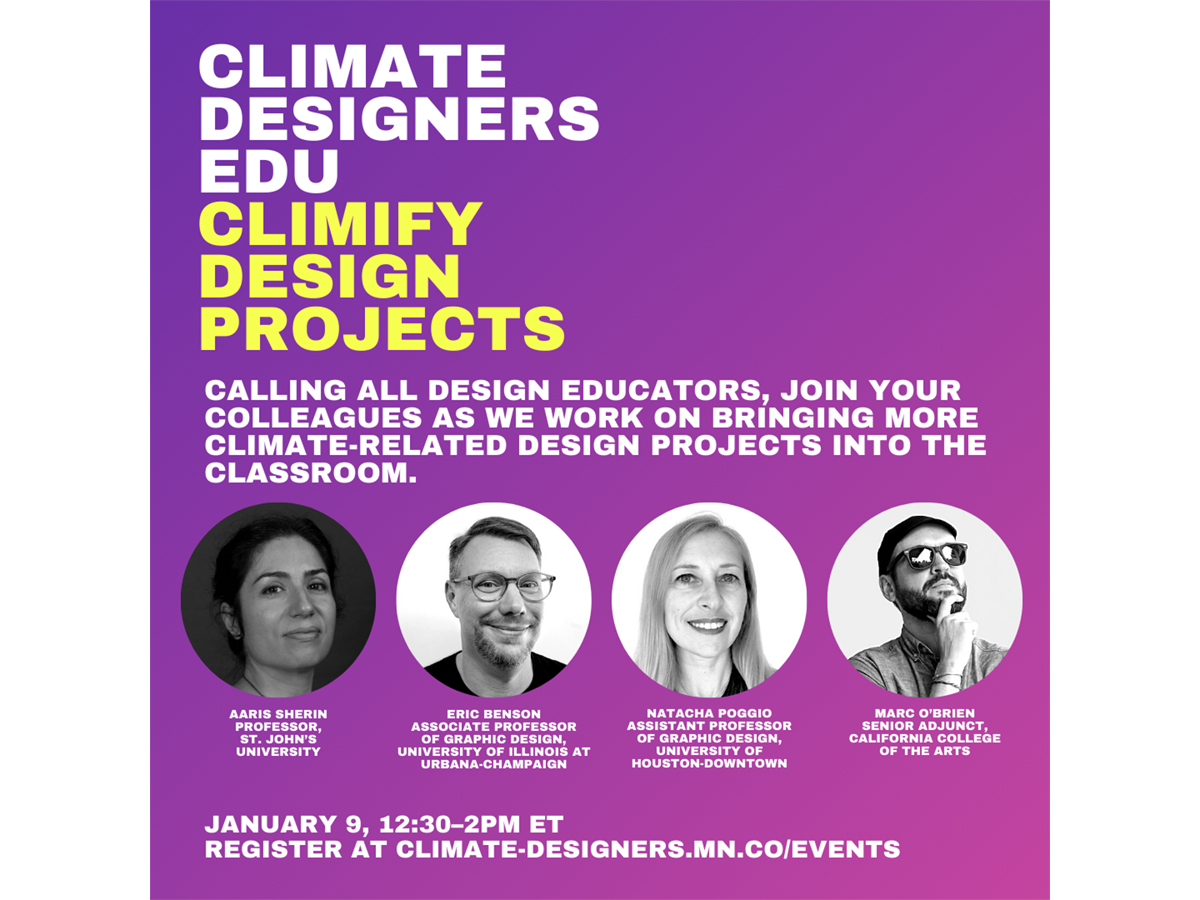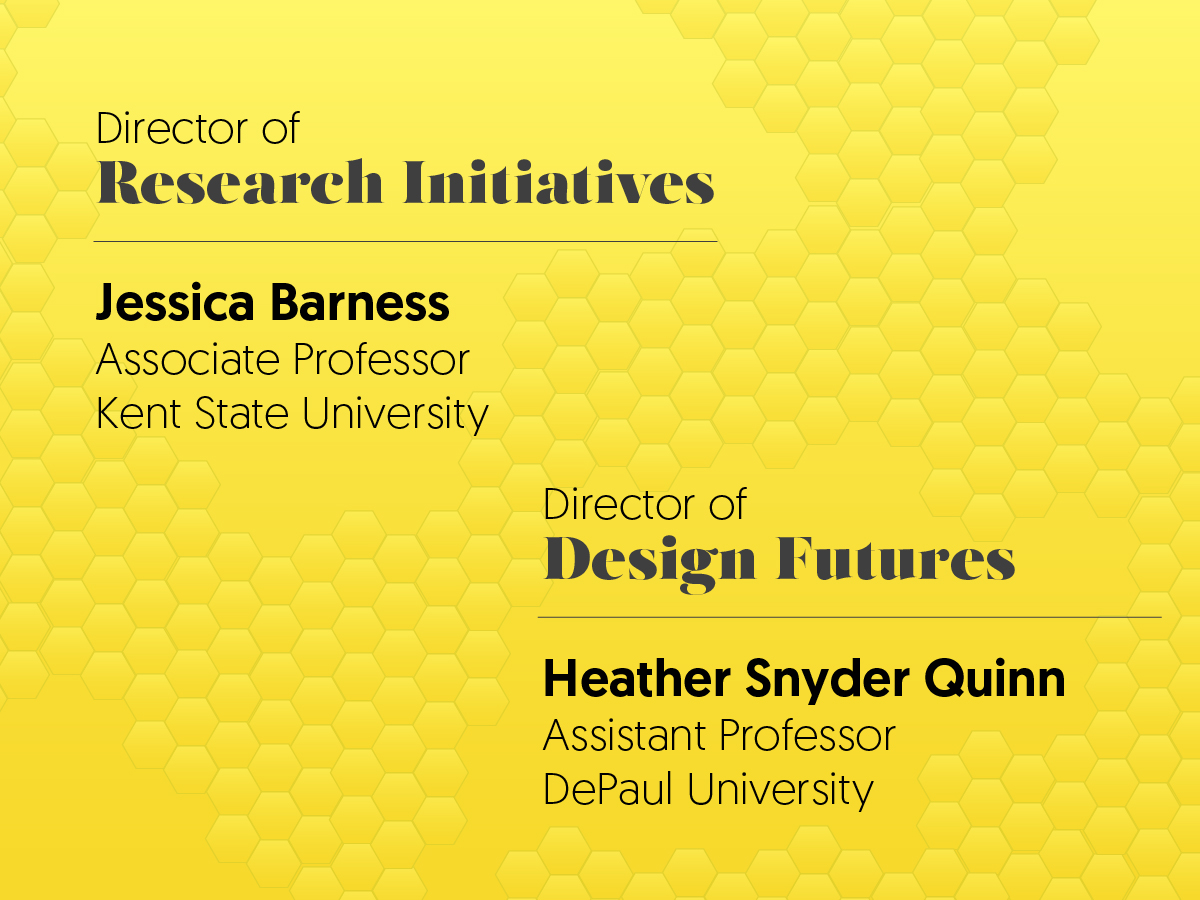Visible Language 56.1 -Special Issue
The essence of a field entails its scope, actions, and outcomes. Communication Design entails conveying ideas using visual words and pictures, or typography and symbology.
Therefore, it is reasonable that all the features of typographic embodiment from reading to interpreting, from social and cultural lenses to physical constraints of lighting and reading distance, from physicality of paper and ink to impression of high resolution led displays, from legibility of letterforms to rhetorical forms of writing, and more, should be well understood by communication designers. The same could be said of all the features of pictures, symbols, and icons, and in addition, all the features of the ways pictures and words combine in layouts across media from print to time-based to interactive media, and in addition to that, all the ways people interact with these features in a multitude of contexts. You get the idea. There is a lot to know about the extent, mechanisms, and impacts of Communication Design.
But because Communication Design is a young discipline we know relatively little about almost all the aforementioned features, at least we ‘know’ little with the degree of precision or rigor that characterizes so many other disciplines. Because adolescent Communication Design knowledge has a wealth of unanswered questions and a broad expanse of topics needing investigation, to advance, Communication Design needs sustained research programs that focus on the key features of the discipline.
Visible Language seeks to promote Communication Design research by exposing both what has been studied in-depth and what needs to be studied in-depth.
This is a call for papers for the Summer 2022 issue of Visible Language that report on one of two related things: either a paper describing a series of related research studies spanning several years centered around a single topic – in other words a sustained research program, or a paper reporting research into what communication design topics are important enough that they should be researched for a sustained period – in other words, key topics that should have sustained research.
Articles reporting sustained Communication Design research programs may be much different from article proposals reporting topics that need study. The report of a sustained research program will be retrospective and will cover not one study but where, how, what, and why a series of related studies have been conducted and may feature the role of collaboration, funding sources, and the nature of a rich topic worthy of sustained study.
Articles describing Communication Design topics that merit sustained research should likewise be based on systematic study but will be prospective in nature, using some form of gathered and analyzed evidence to support why a particular topic merits sustained investigation including the topic’s definition and known parameters.
Article proposals should be in the form of a one-sentence summary of the article followed by an outline of the manuscript argument in the general form:
- Introduction/Background – where this is grounded, why the subject is/was important;
- Methods – how this has been/might be studied;
- Results – what was/might be found; Discussion – why what was/would be found matters.
Submit article proposals to:
Mike Zender, Editor, Visible Language
mike.zender@uc.edu
- Article proposals due by Feb, 28, 2022.
- Notification of acceptance of article concept by Mar 15th, 2022.
*acceptance of concept means the manuscript will be sent for peer-review, only articles accepted by the peer-reviewers will be publish. - Manuscripts due for peer-review on May 15th, 2022.
- Peer-reviews to authors: Jun 1st, 2022.
- Revised manuscripts due Jun 15th, 2022 publication – August 2022.
Like this:
Like Loading...
